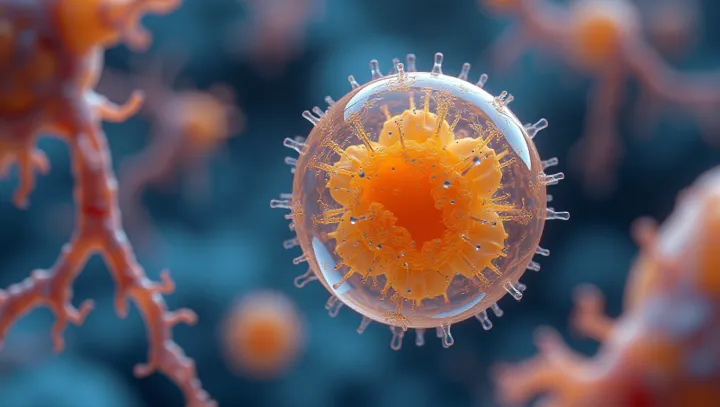The Rapid Journey of Egg Formation

In the lush landscapes of Iowa, scientists have undertaken a detailed study on how quickly and precisely eggs are formed in chickens. This intriguing research unveils not only the science but also the potential impacts on agricultural efficiency and food supply. The study led by Dr.
Susan Hanlon from Iowa State University demonstrates that an egg typically forms within 24 to 26 hours. This rapid process involves complex biological mechanisms where the yolk is developed at a remarkable pace before being layered by albumen and shell. Understanding the passage from ovulation to a fully developed egg is vital for optimizing conditions in poultry farms, ensuring sustainable production.
'Our findings provide new insights into managing and enhancing egg production,' stated Dr. Hanlon. These insights may lead to innovations in how chickens are bred and cared for in the industry.
As global demand for eggs grows, having a scientific grasp on these natural processes allows for informed decisions and improvements in the food sector. It opens possibilities for more controlled environments that foster health and nutritional values in eggs.
